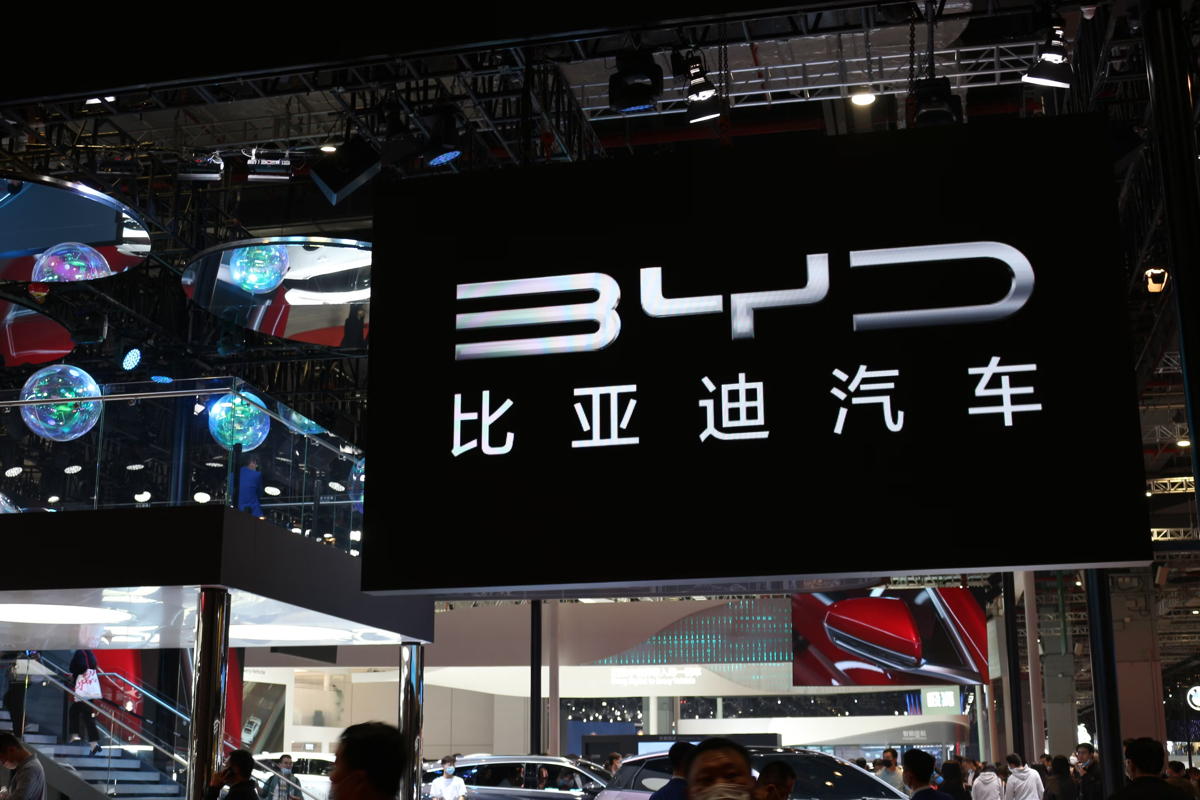China Offers Public Security Support For Tech Ally Hungary

China seeks to extend Hungary trade ties into public security, in unusual move for NATO and EU member that already hosts Chinese tech giants
China has offered to extend its trade and investment ties with Hungary into public security issues, in a highly unusual move for the EU and NATO member, which serves as a major EU base for Chinese tech giants such as Huawei, BYD and battery maker CATL.
China’s minister of public security, Wang Xiaohong, met with Hungarian prime minister Viktor Orban on Friday in a move to “deepen cooperation in areas including counter-terrorism, combating transnational crimes, security and law enforcement capacity building under the Belt and Road initiative,” China’s official Xinhua news agency said over the weekend.
According to the security minister the aim is “to make law enforcement and security cooperation a new highlight of bilateral relations”.
Hungary has been closer relations with China, even as the EU has pressured member states to bring their China relations into line with the interests of the bloc.

BYD plant
In December BYD, the world’s biggest electric vehicle manufacturer, said it would construct its first European EV plant in Hungary.
The country has existing investments around EV battery manufacturing from South Korea’s Samsung, China’s CATL and others.
Those include a massive 100 GWh CATL battery plant in Debrecen, expected to create around 9,000 jobs, which is the largest EV battery factory in Hungary to date.
BYD has an existing electric bus manufacturing plant in the northwestern city of Komarom.
Huawei base
US-sanctioned Huawei Technologies has its largest logistics and manufacturing base outside of China in Hungary, in spite of EU warnings that the company poses a risk to EU security.
Orban also maintains close ties to Russia, in spite of EU and US sanctions.
Meanwhile Hungary is the only NATO member not to have ratified Sweden’s petition to join the security alliance, although Orban said in a speech on Saturday the ratification would occur “at the beginning of parliament’s spring session”.
Hungarian officials meanwhile refused to meet with a visiting delegation from the US over the weekend.
US official friction
“Regrettably, a range of senior Hungarian government officials and Fidesz parliamentary representatives declined to meet with the most senior US bipartisan congressional delegation to visit Hungary in years,” the US ambassador in Budapest, David Pressman, wrote on social media.
Orban, who faces domestic political pressure and protests amidst a scandal that led the country’s president to resign, said in his weekend speech that he “would very much like to see President Donald Trump return to the White House”.